About Cyber Security Awareness Month
National Cyber Security Awareness Month (NCSAM) – observed every October – was created as a collaborative effort between government and industry to ensure every American has the resources they need to stay safer and more secure online.
Since its inception under leadership from the U.S. Department of Homeland Security and the National Cyber Security Alliance, NCSAM has grown exponentially, reaching consumers, small and medium-sized businesses, corporations, educational institutions and young people across the nation. 2018 marks the 15th year of National Cyber Security Awareness Month.
With recent legislation and support from the White House, cybersecurity is continuously a popular topic of discussion and rightfully so. More specifically, there is even stronger focus on consumers and their cyber safety. Everyone at every age is a consumer, and thus this year each theme will focus on the consumer and his/her needs regarding cybersecurity and safety. NCSAM 2018 also marks the 8th anniversary of the STOP. THINK. CONNECT.™ campaign.
Week 1: Make Your Home and Office a Haven for Online Safety
Every day, parents and caregivers teach kids basic safety practices ‒ like looking both ways before crossing the street and holding an adult’s hand in a crowded place. Easy-to-learn life lessons for online safety and privacy begin with parents leading the way. Learning good cybersecurity practices can also help set a strong foundation for a career in the industry. With family members using the internet to engage in social media, adjust the home thermostat or shop for the latest connected toy, it is vital to make certain that the entire household ‒ and office – learn to use the internet safely and responsibly and that networks and mobile devices are secure.
KEEP A CLEAN MACHINE
KEEP SECURITY SOFTWARE CURRENT: Having the latest security software, web browser and operating
system is the best defense against viruses, malware and other online threats.
PROTECT ALL DEVICES THAT CONNECT TO THE INTERNET: Along with computers, smartphones, gaming
systems and other web-enabled devices also need protection from viruses and malware.
PLUG & SCAN: USBs and other external devices can be infected by viruses and malware. Use your security
software to scan them.
PROTECT YOUR PERSONAL INFORMATION
LOCK DOWN YOUR LOGIN: Fortify your online accounts by enabling the strongest authentication tools available,
such as biometrics, security keys or a unique one-time code through an app on your mobile device. Your
usernames and passwords are not enough to protect key accounts like email, banking and social media.
UNIQUE ACCOUNT, UNIQUE PASSWORD: Separate passwords for every account helps to thwart cyber-criminals.
CONNECT WITH CARE
WHEN IN DOUBT THROW IT OUT: Links in emails, social media posts and online advertising are often how
cyber-criminals try to steal your personal information. Even if you know the source, if something looks
suspicious, delete it.
GET SAVVY ABOUT WI-FI HOTSPOTS: Limit the type of business you conduct and adjust the security settings
on your device to limit who can access your machine.
If you would like additional information please contact us at info@bostonmit.com!







